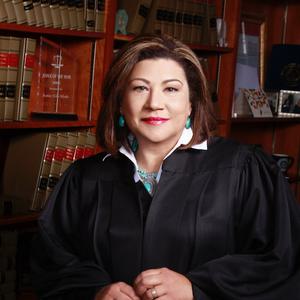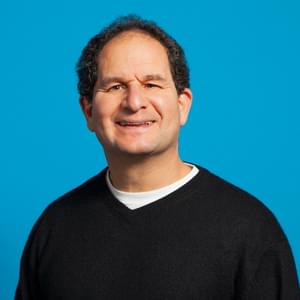
Modified photo of “Silhouette of man carrying child” by Ante Hamersmit on Unsplash.
“Death row is a bill that family has to pay,”
A June 18, 2024 article published in the Assembly examines the complicated relationships fathers on North Carolina’s death row have with their children, as they grapple daily with the uncertainty of their sentence. The author, Waverly McIver, highlights the hardship these families endure through the experiences of two death-sentenced prisoners, Jason Hurst and Terry Robinson.
According to Warden Jamel James of North Carolina’s Central Prison, home to all death-sentenced prisoners in the state, about 70 of the 136 men imprisoned are fathers. Programs like Proverbs 226 are aimed at building relationships between incarcerated parents and their children, but death row prisoners are not eligible to participate. Research that has examined the impact a parent’s incarceration has on a child’s well-being has found various detrimental effects “from poorer physical health and academic performance in early childhood to a higher presence of risk behaviors in adolescence,” but few studies have examined these effects on the children of death row prisoners, who are faced with an additional layer of uncertainty. “You have to know how to communicate with your loved ones, especially when you think that every day you wake up they’re gonna kill you,” said Alexander Harris, Mr. Robinson’s older son. “Like, that’s a feeling that nobody knows until you’re on death row.”
New Voices
Mar 21, 2024


